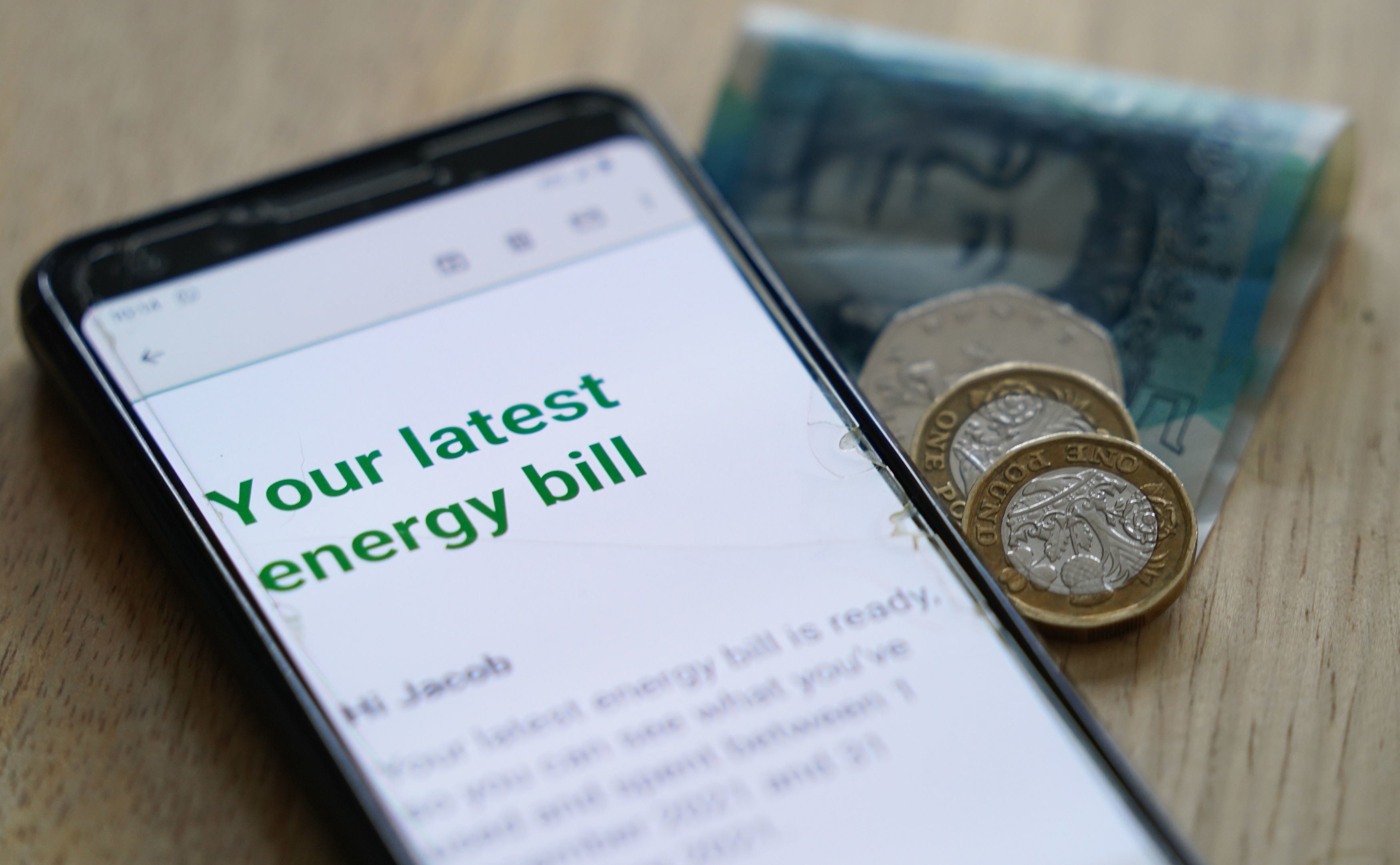Grant Shapps warns energy firms not to hike bills of customers cutting use
Business secretary ‘disturbed’ by reports Britons being overcharged

Business secretary Grant Shapps has written to energy suppliers to warn them not overcharge customers making “huge efforts” to cut their usage.
The cabinet minister said he was “disturbed” at reports that some customers had seen a huge spike in direct debit charges despite cutting back on the amount of gas and electricity.
Mr Shapps urged the utility giants to reflect what homes are actually using in their prices, as hard-pressed families struggle to pay bills struggling during the cost of living crisis.
Sharing a letter sent to energy bosses on Twitter, the business secretary said: “Households shouldn’t see their direct debits rise when their energy use falls.”
Mr Shapps said he concerned that some consumers “are saying their direct debits are going up when they are making huge efforts to reduce their usage to save money at a time when household incomes are squeezed”.
Urging firms to be “responsive” to changes made by customers, he added: “I am interested to understand how you intend to ensure that your direct debit system does not over-estimate charging.”
Britain’s energy suppliers have agreed to abide by the government’s energy price guarantee, which limits the amount that can be charged per unit of gas or electricity.
Paying by direct debit is limited to 34.0p/kWh for electricity, and 10.3p/kWh for gas, which should should mean the average annual household energy costs should be limited to £2,500, until further changes are made in April 2023.
But The Times reported last week that some customers have seen direct debts going up by hundreds of pounds a month, even if they are on fixed-tariff energy deals in which unit prices haven’t changed.
Regulator Ofgem has been asked to examine the issue so billing is “more responsive”, having found in the summer that some customers had been asked to pay for a level of gas and electricity they were unlikely to use.
It comes as major suppliers said customers had cut their energy use by more than 10 per cent, as the government prepares to roll out an energy-efficiency public information campaign.
Michael Lewis, chief executive of E.ON, told The Guardian it was “seeing reductions of 10 to 15 per cent” over recent weeks, while Utility Warehouse owner Telecom Plus said gas usage had declined 10 per cent in recent months.
Energy bills are set to soar again next spring after the chancellor Jeremy Hunt said the energy price guarantee would rise on 1 April – pushing up average annual costs from £2,500 to £3,000.
Over one million young families in England will be in fuel poverty by spring, according to End Fuel Poverty Coalition figures shared with The Independent.
The number of families with children under five who are living in fuel poverty will rise from 860,000 to 1,050,000 when changes kick in from April, the coalition of charities has estimated.




Join our commenting forum
Join thought-provoking conversations, follow other Independent readers and see their replies
Comments